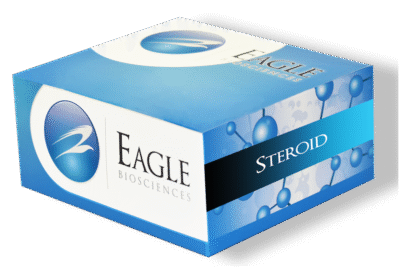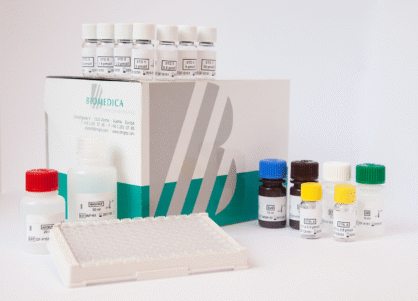Sclerostin ELISA Kit
Sclerostin is a glycoprotein primarily produced by osteocytes in bone tissue. It functions as a key inhibitor of the Wnt signaling pathway, which is crucial for promoting osteoblast activity and bone formation. By binding to LRP5/6 co-receptors, sclerostin effectively suppresses bone formation, making it a central regulator in bone remodeling. Its expression is upregulated by mechanical unloading and downregulated by mechanical stress, positioning it as a sensitive biomarker of skeletal response to mechanical stimuli and metabolic regulation.
In clinical settings, sclerostin has gained relevance as a biomarker in the diagnosis and management of metabolic bone diseases such as osteoporosis, Paget’s disease, and osteogenesis imperfecta. Elevated sclerostin levels have been associated with reduced bone formation and increased fracture risk, especially in postmenopausal women and individuals with chronic kidney disease (CKD). Therapeutically, anti-sclerostin monoclonal antibodies like romosozumab have been developed to treat osteoporosis by promoting bone formation and reducing resorption.
In research applications, sclerostin is extensively studied for its role in bone biology, mechanotransduction, and its interactions with hormonal and metabolic regulators such as PTH, estrogen, and insulin. It is also investigated in the context of sarcopenia, aging, and cardiovascular disease, particularly due to its influence on vascular calcification. Measuring sclerostin levels in serum or bone tissue offers valuable insights into the bone remodeling process, treatment efficacy, and skeletal homeostasis in both animal models and human studies.
This Sclerostin ELISA Kit is manufactured in Austria by Biomedica.





